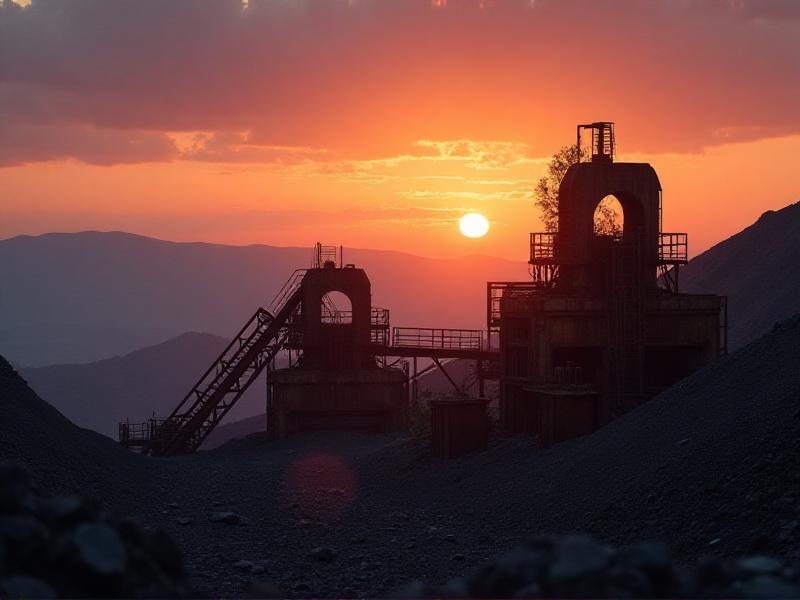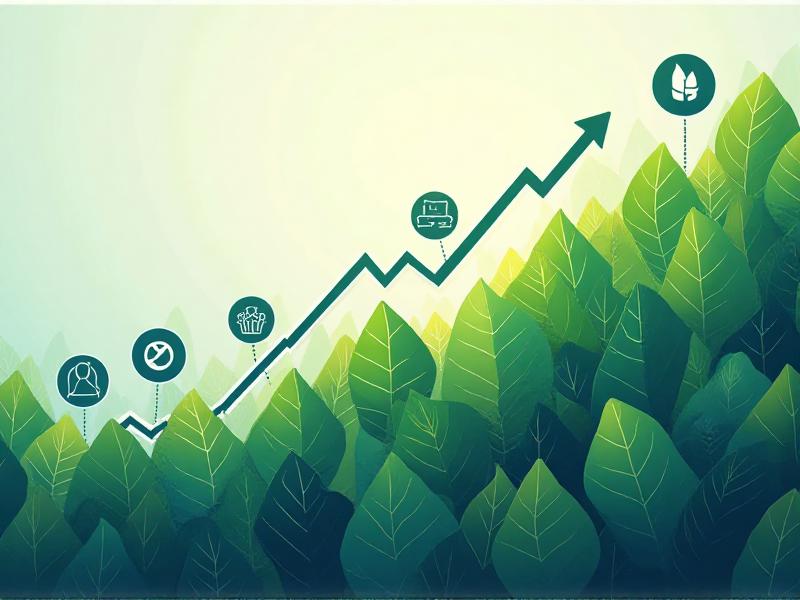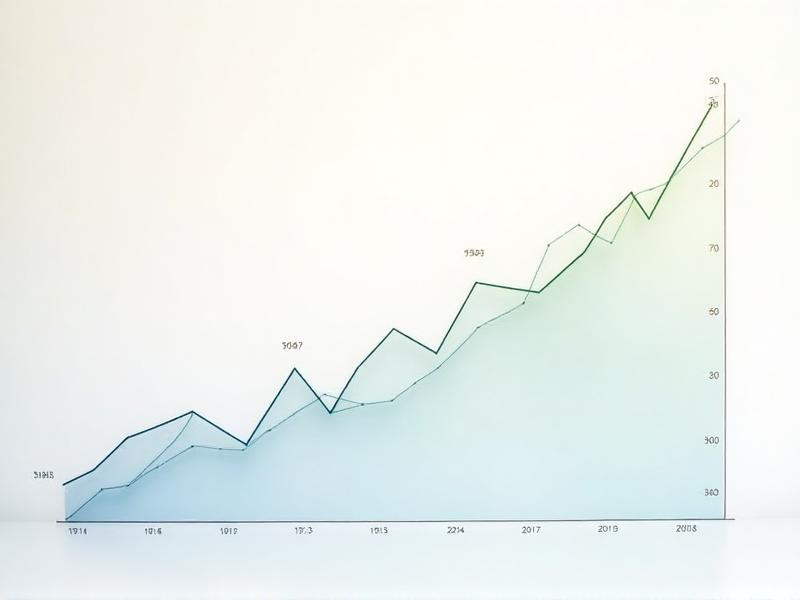The Role of Commodities in Energy Transition
The global shift towards renewable energy sources is reshaping the commodities market. As nations strive to reduce carbon emissions, the demand for traditional energy commodities like oil and coal is declining, while the need for metals and minerals essential for green technologies is surging. This transition is not just about replacing one energy source with another; it’s about redefining the role of commodities in the global economy.
The Decline of Fossil Fuels
For decades, fossil fuels like oil, coal, and natural gas have been the backbone of global energy systems. However, their dominance is waning as countries implement policies to combat climate change. The Paris Agreement, for instance, has spurred governments to set ambitious targets for reducing greenhouse gas emissions. As a result, the demand for coal has plummeted, and oil consumption is expected to peak within the next decade. This decline is reshaping the fossil fuel industry, forcing companies to adapt or face obsolescence.
The Rise of Critical Minerals
As fossil fuels lose their prominence, the demand for critical minerals such as lithium, cobalt, and rare earth elements is skyrocketing. These minerals are essential for manufacturing renewable energy technologies like solar panels, wind turbines, and electric vehicle batteries. For example, lithium is a key component in lithium-ion batteries, which power everything from smartphones to electric cars. The growing demand for these minerals is creating new opportunities for mining companies but also raising concerns about supply chain security and environmental impact.
Commodities and Renewable Energy Infrastructure
Building a renewable energy infrastructure requires vast amounts of commodities. Steel, for instance, is crucial for constructing wind turbines and solar panel frames, while copper is indispensable for electrical wiring and transmission lines. The transition to renewable energy is thus driving demand for these industrial metals, creating a ripple effect across global markets. However, this also poses challenges, as the extraction and processing of these commodities can have significant environmental and social impacts.
The Geopolitics of Energy Transition
The shift from fossil fuels to renewable energy is altering the geopolitical landscape. Countries that once wielded power through their control of oil and gas reserves are now facing competition from nations rich in critical minerals. For example, China dominates the global supply of rare earth elements, giving it significant leverage in the renewable energy market. This shift is prompting countries to reassess their resource strategies and invest in securing access to essential commodities.
Environmental and Ethical Considerations
While the energy transition is essential for combating climate change, it is not without its challenges. The extraction of critical minerals often involves environmentally damaging practices, such as deforestation and water pollution. Additionally, mining operations in some regions are associated with human rights abuses, including child labor and unsafe working conditions. Addressing these issues requires a concerted effort from governments, companies, and consumers to ensure that the transition to renewable energy is both sustainable and ethical.
Innovations in Commodity Recycling
One way to mitigate the environmental impact of the energy transition is through innovations in commodity recycling. Recycling metals like lithium, cobalt, and copper from used batteries and electronic devices can reduce the need for new mining operations. Advances in recycling technologies are making it increasingly feasible to recover these materials efficiently and cost-effectively. This not only conserves natural resources but also reduces the environmental footprint of renewable energy technologies.
Investment Opportunities in the Energy Transition
The energy transition is creating new investment opportunities in commodities and related industries. Investors are increasingly looking to capitalize on the growing demand for critical minerals, renewable energy infrastructure, and recycling technologies. However, navigating this evolving market requires a deep understanding of the risks and opportunities involved. From mining companies to renewable energy startups, the energy transition is reshaping the investment landscape in profound ways.
The Future of Commodities in a Renewable Energy World
As the world moves towards a renewable energy future, the role of commodities will continue to evolve. While the demand for fossil fuels will decline, the need for critical minerals and industrial metals will grow. This shift presents both challenges and opportunities for industries, governments, and investors. By embracing innovation, sustainability, and ethical practices, we can ensure that the energy transition benefits not just the environment but also the global economy and society as a whole.











